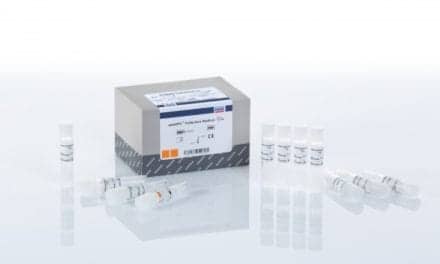The College of American Pathologists (CAP) is updating the 2017 evidence-based practice guideline, “Human Papillomavirus (HPV) Testing in Head and Neck Carcinomas,” which is available today in draft form for public comment through September 1, 2023 on cap.org.
The incidence of HPV-associated head and neck cancers continues to rise in the United States, with the greatest increase among middle-aged white men. At least 25% and as much as 60% of head and neck cancers worldwide are now associated with high-risk HPV.
This update consists of 16 statements, eight of which are strong recommendations. The revisions to the original recommendations include guidance on when HPV-specific testing should be performed. New statements include the recommendation to routinely test patients with sinonasal squamous cell carcinoma (SCC) and increased application of HPV-specific testing in various settings. Revised statements also include oropharyngeal tissue specimens, non-squamous carcinomas of the head and neck, and fine needle aspiration (FNA) samples of metastatic SCC in cervical lymph nodes.
“Routine high-risk human papillomavirus testing on patients with newly diagnosed oropharyngeal squamous cell carcinoma is essential for a better prognosis,” says guideline co-chair William C. Faquin, MD, PhD, FCAP, a pathologist at Massachusetts General Hospital, Boston. “Over the past few decades, our understanding of HPV’s role in certain head and neck cancers, particularly those in the oropharynx, has increased. Patients may be candidates for less aggressive treatment. Consequently, accurate assessment of tumor HPV status is critical.”
General and specialty surgeons, oncologists, pathologists, cytotechnologists, otolaryngologists, dentists, dental professionals, nurses, allied health professionals, hospital or laboratory administrators, patient advocacy group representatives, and patients are encouraged to provide feedback on these updated draft recommendations.
Further reading: HPV Test for Older Women Supported as Catch Up
Following the open comment period, the guideline authors will consider all feedback to finalize the recommendations. The final recommendations will appear in the guideline manuscript and will be available at no cost.
To read and comment on the draft recommendations, visit cap.org between August 14, 2023 and September 1, 2023.
The CAP Center develops evidence-based guidelines related to the practice of pathology and laboratory medicine. Through this work, the CAP and its members continually improve the quality of diagnostic medicine and patient outcomes.





